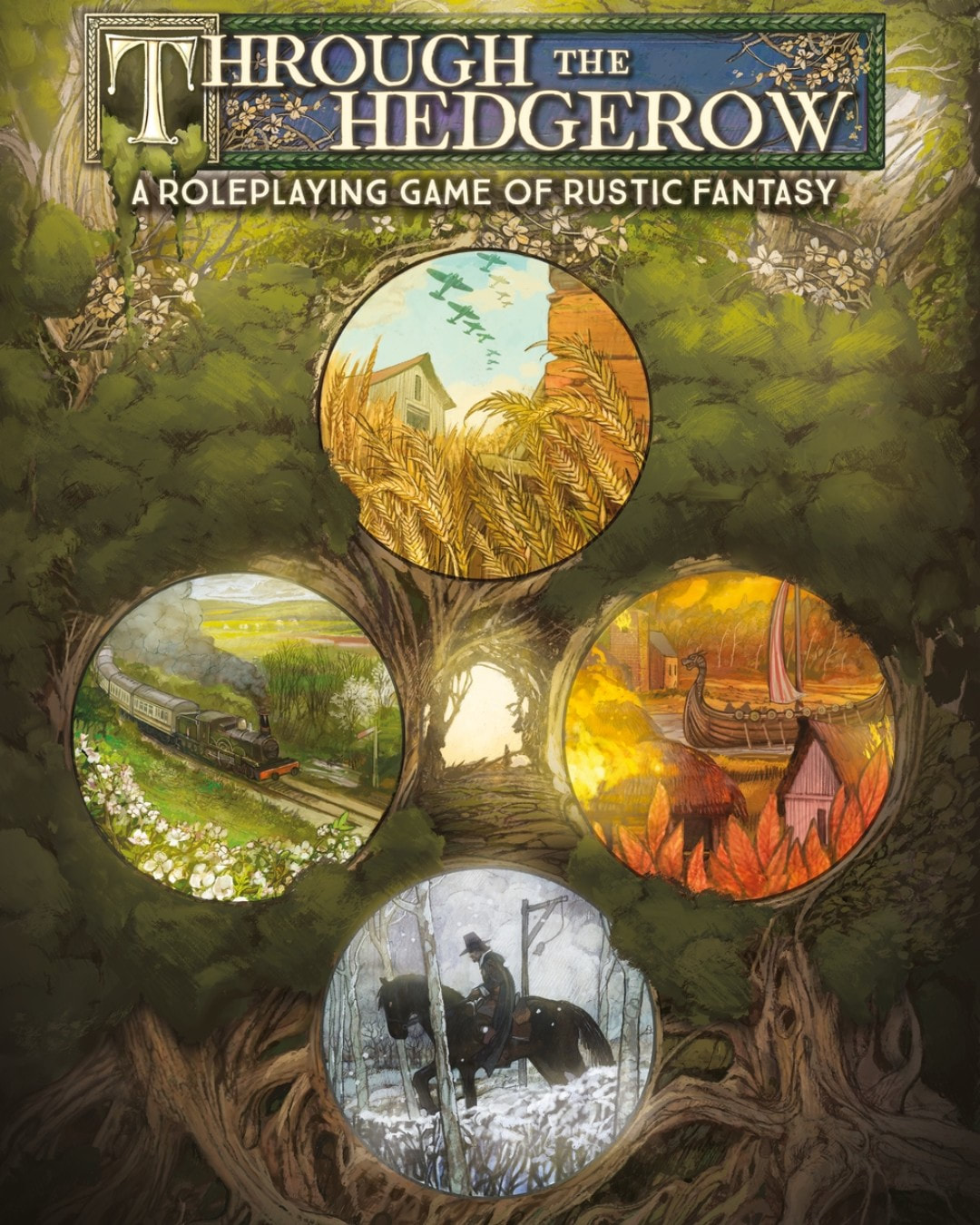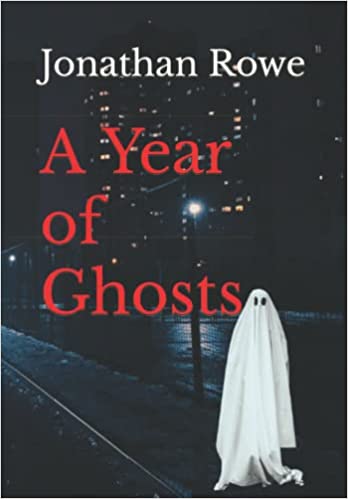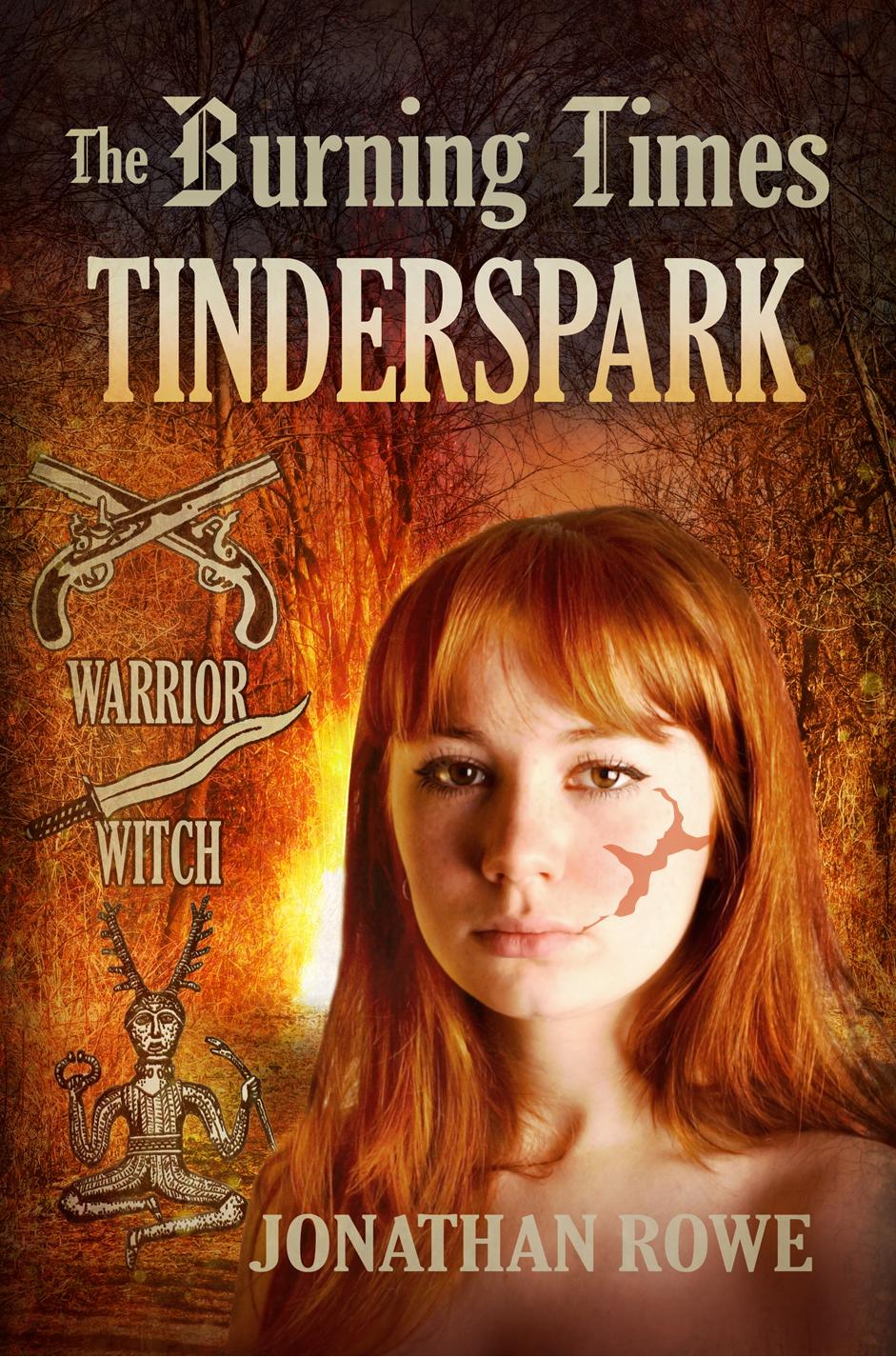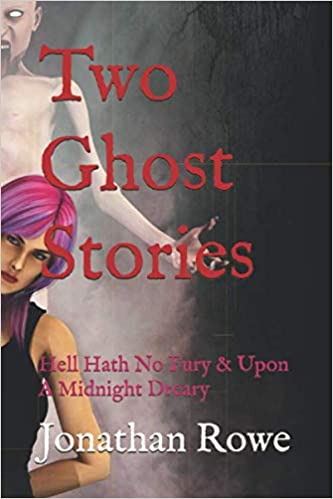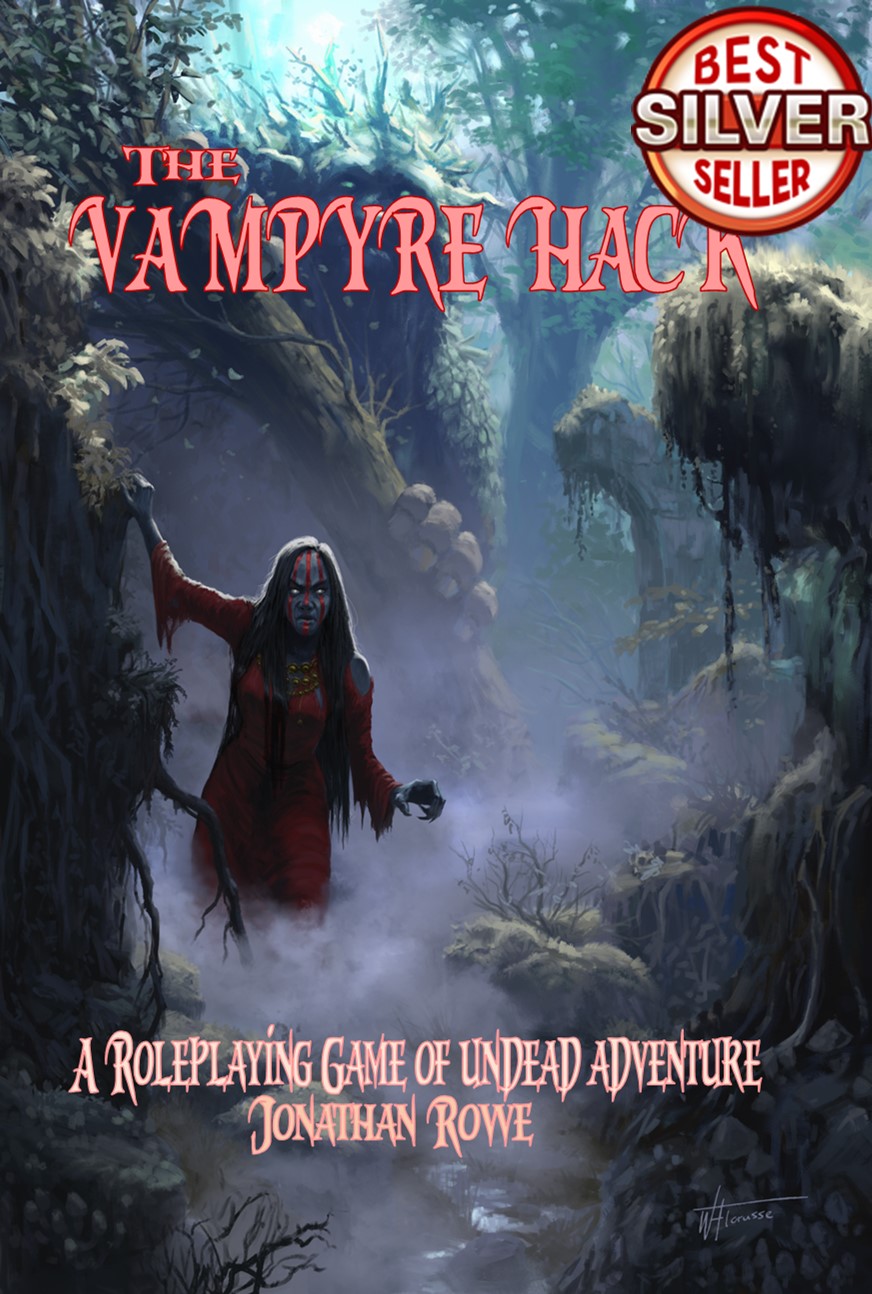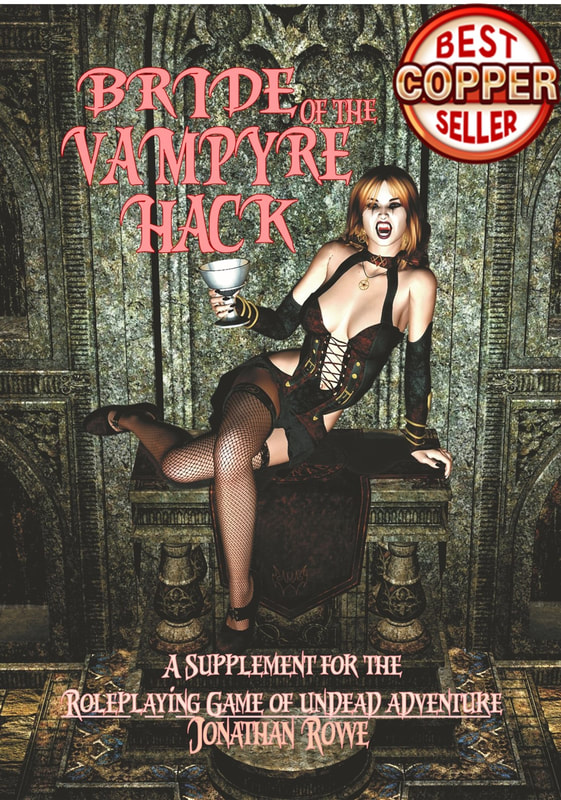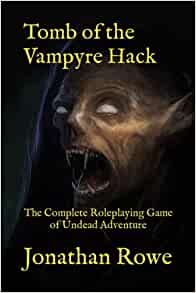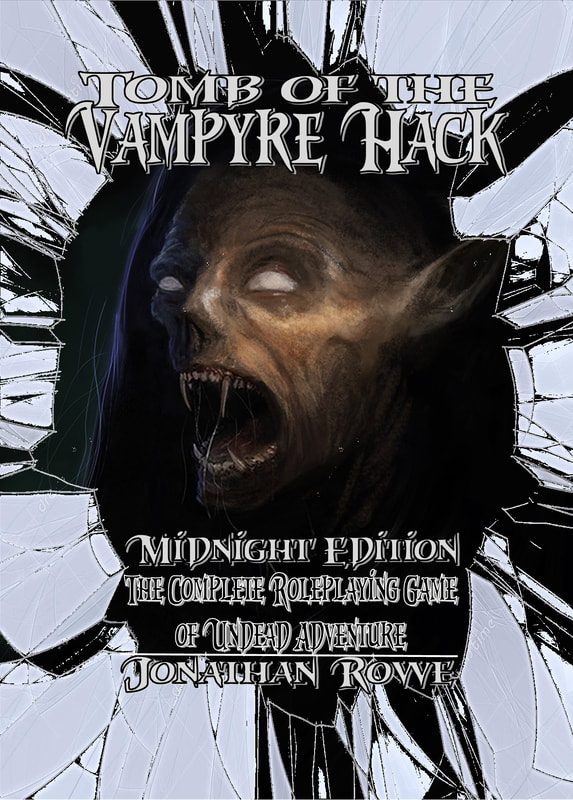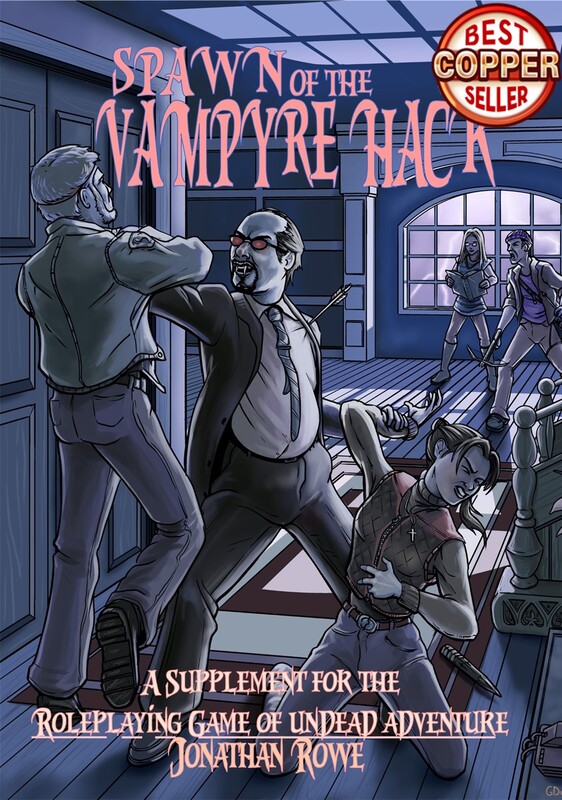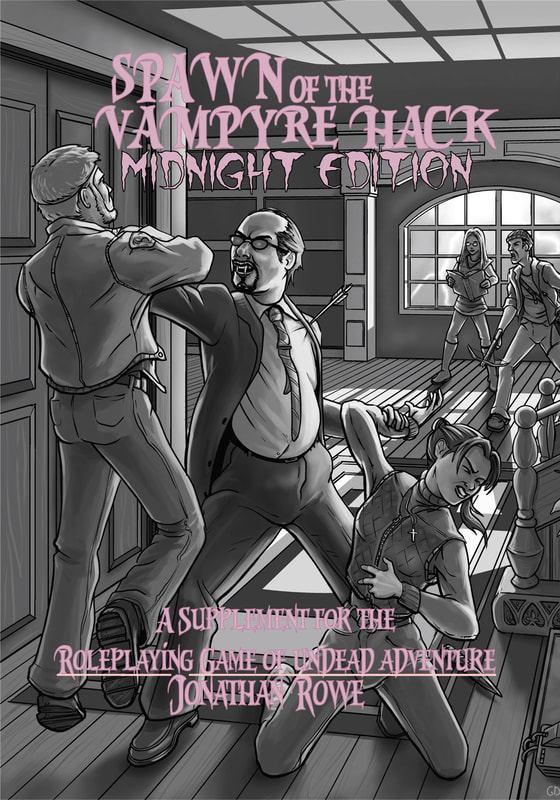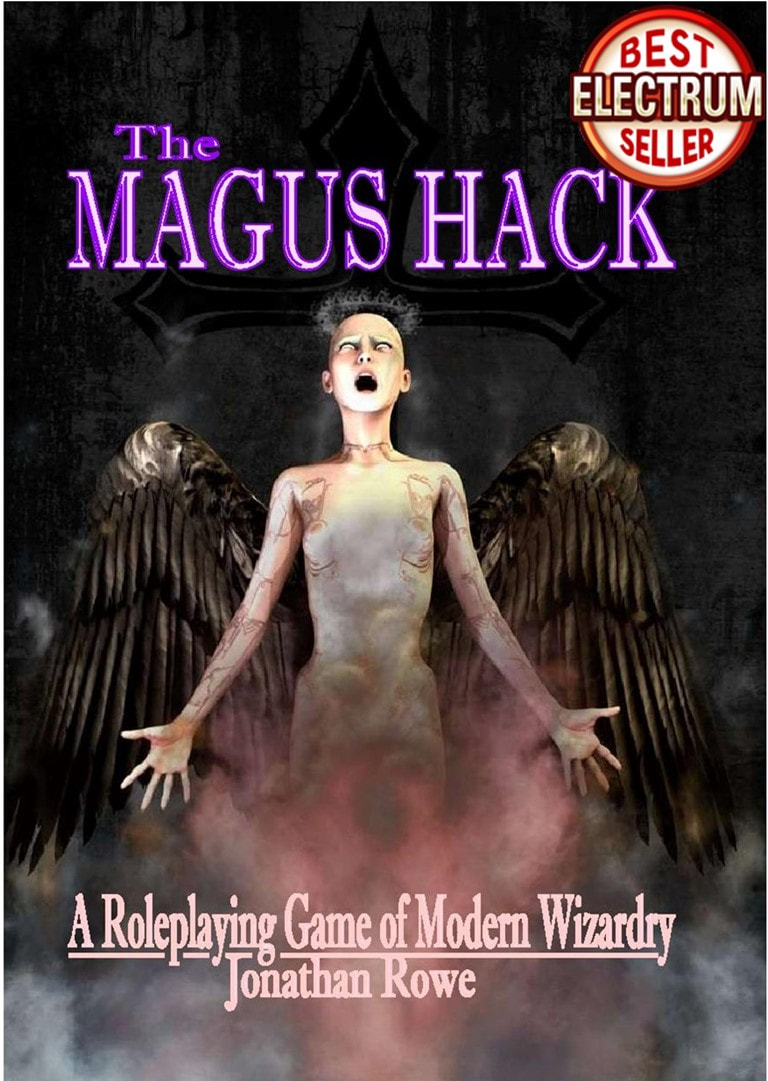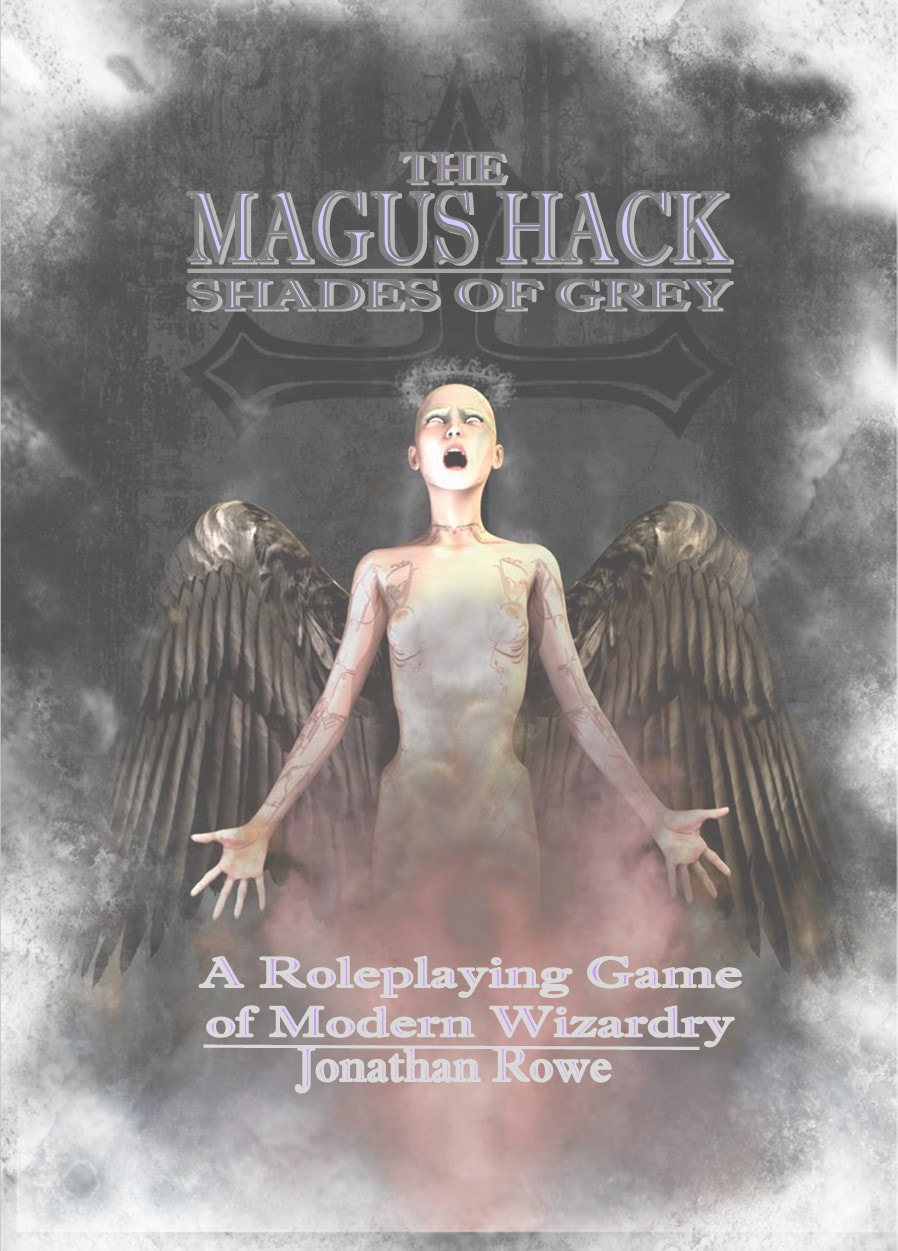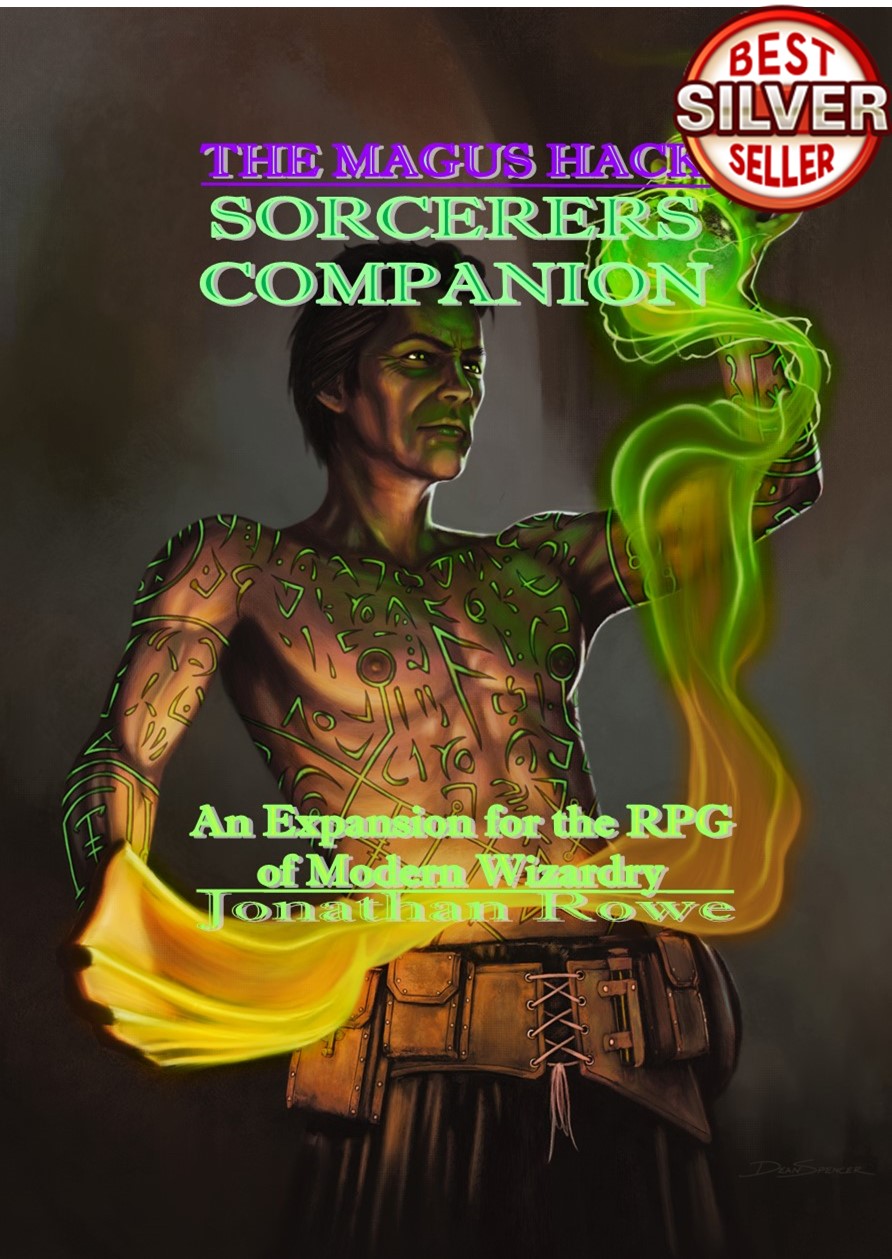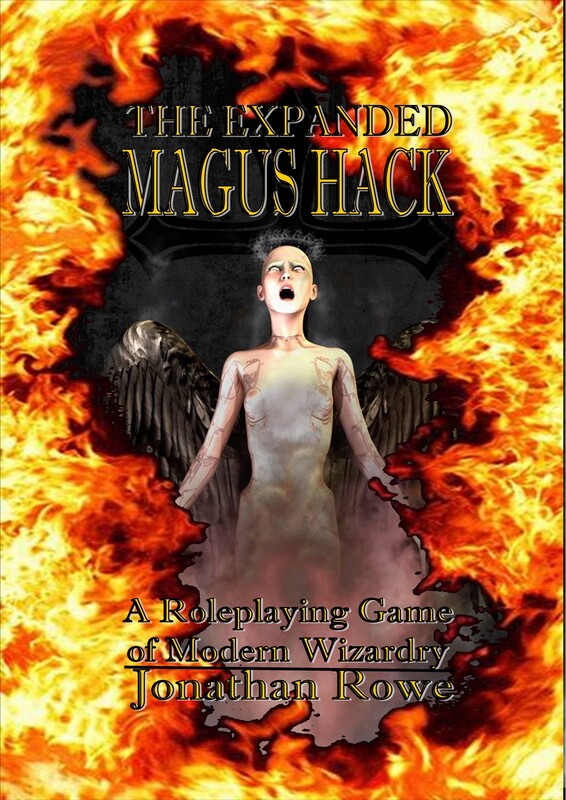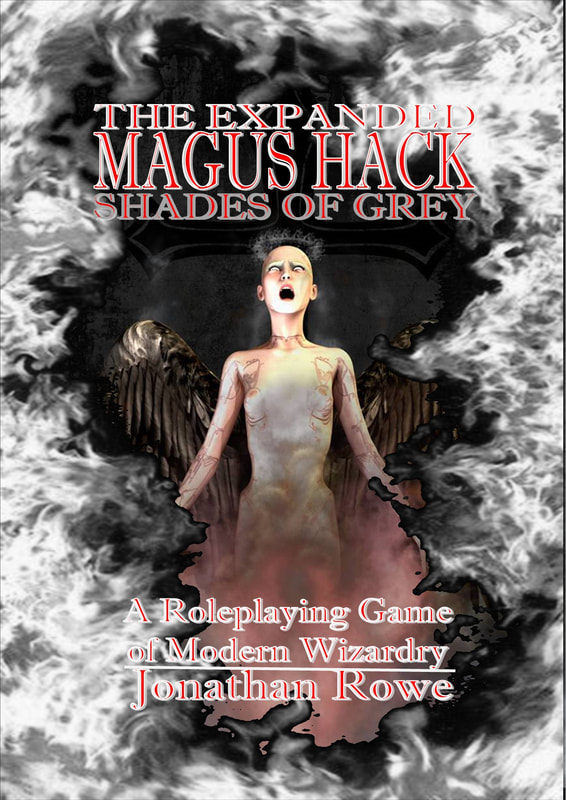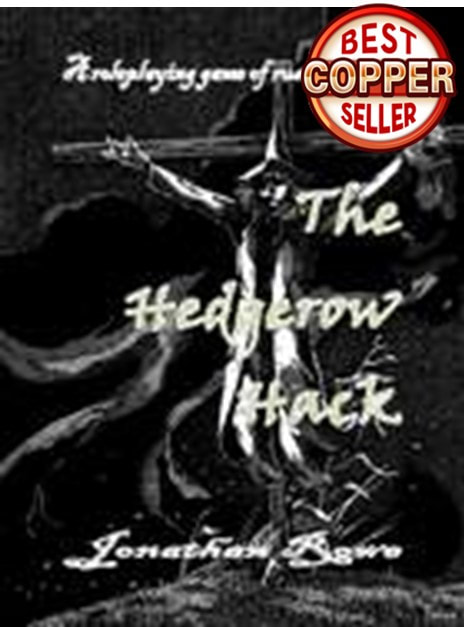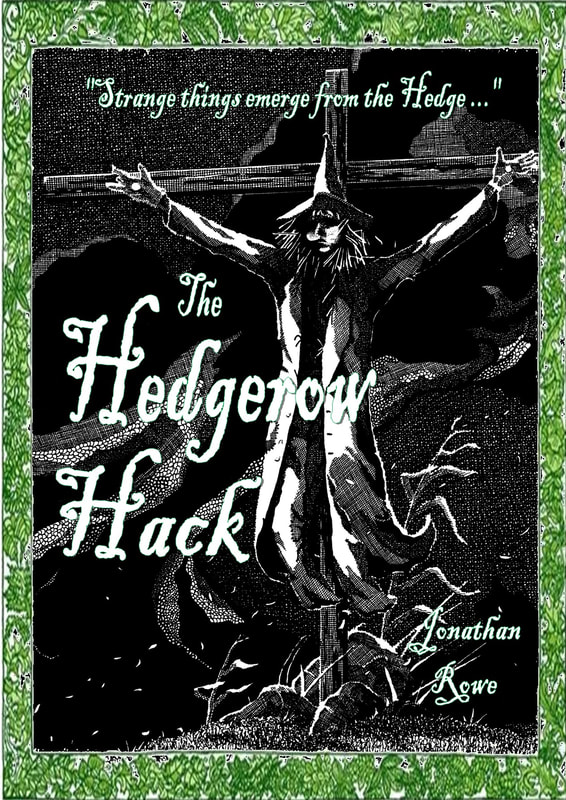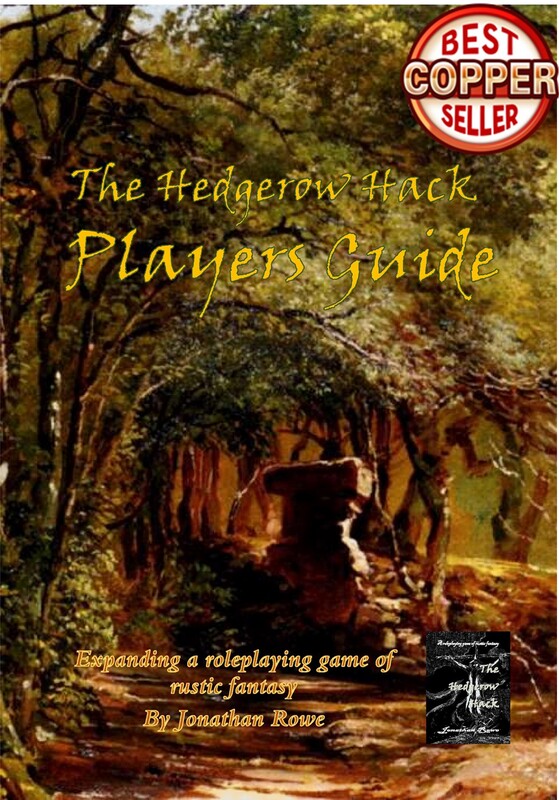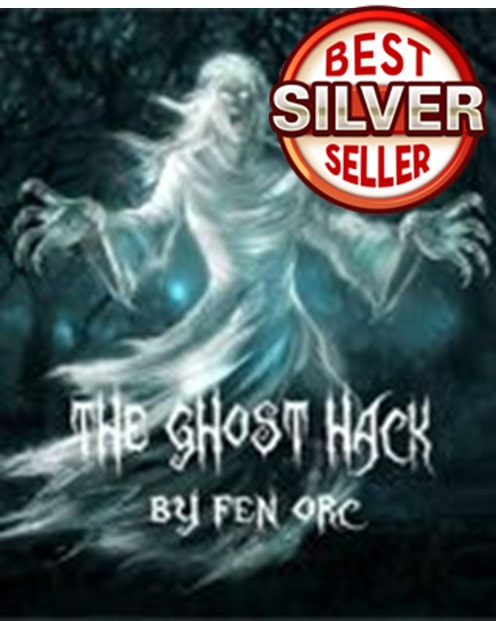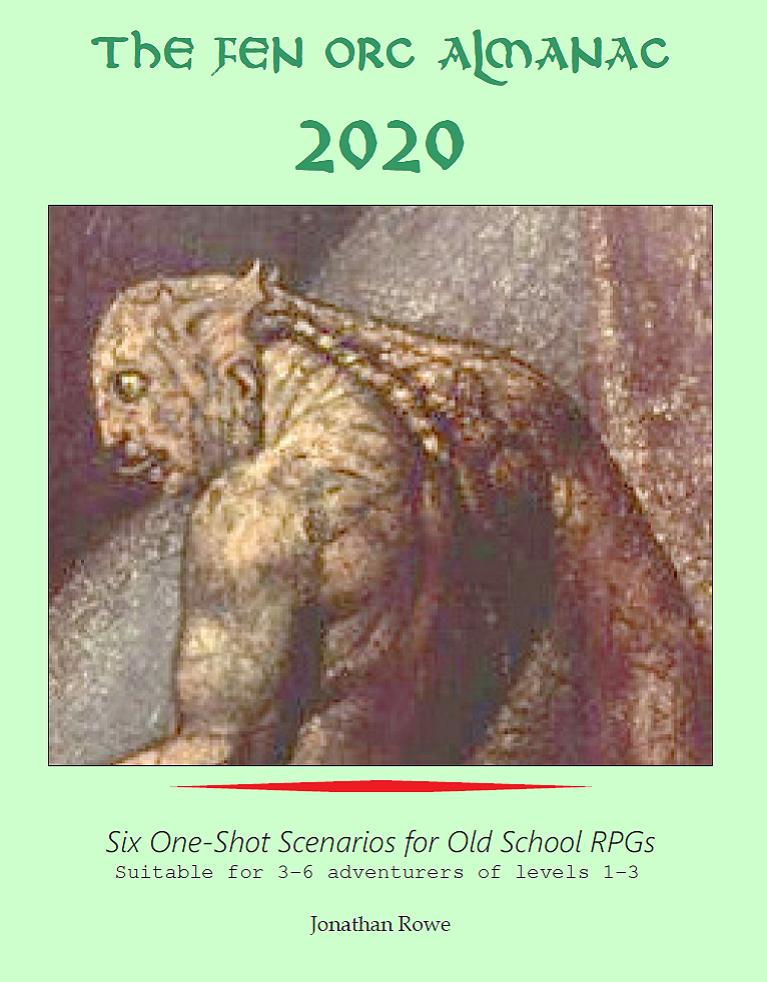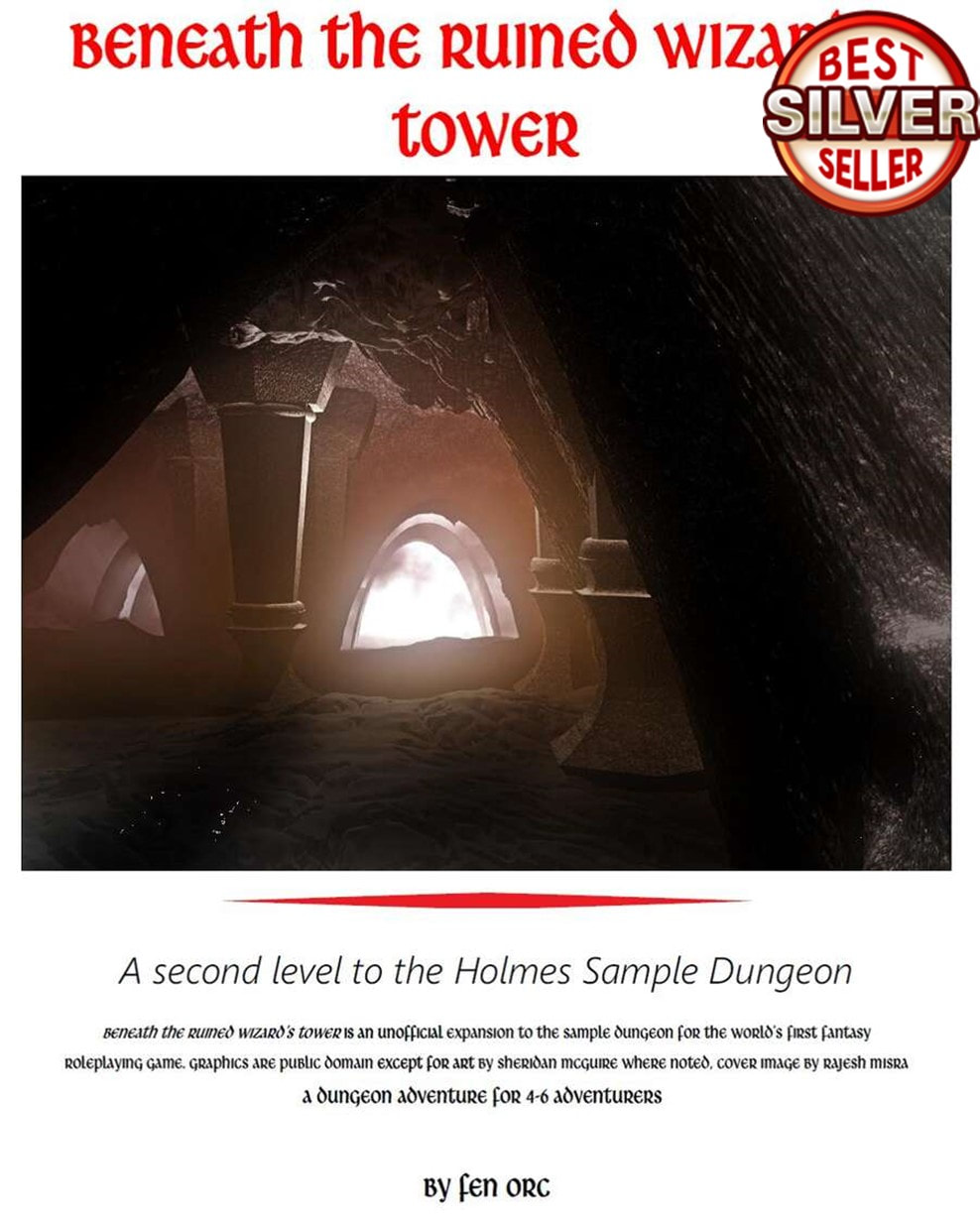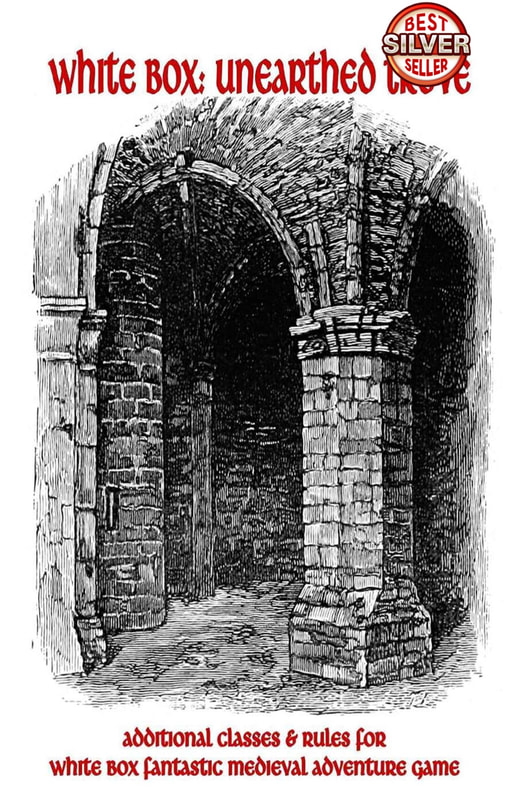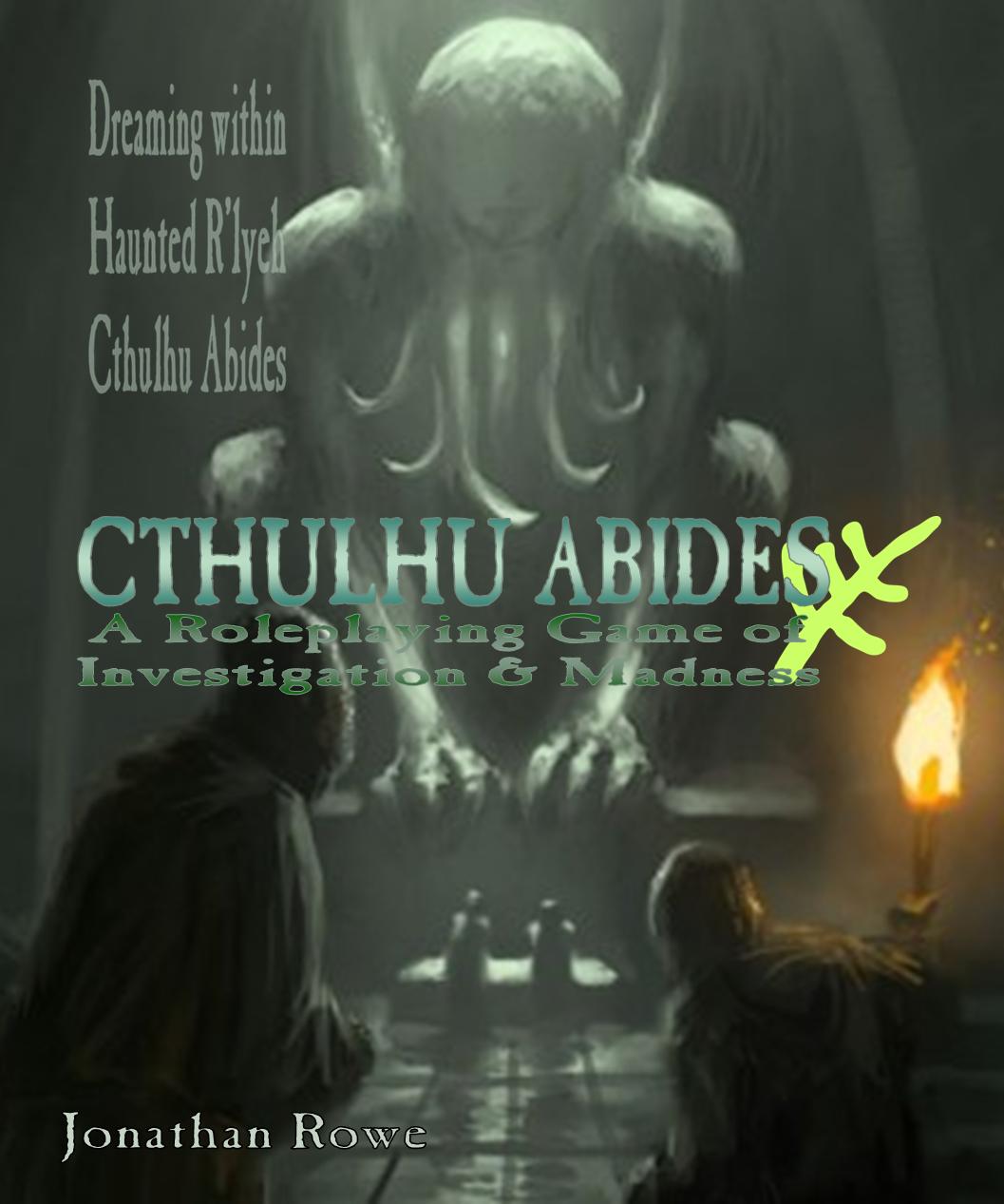|
If you work back through 1970s D&D you run into Eldritch Wizardry. And there, sandwiched between the Druids and the Demons, you will find Tim Kask's rules for Psionics. Now if you ever wonder what Macbeth meant when he told his wife that his mind was full of scorpions, you will understand completely when you try to read these rules... At the end of his rather heroic blog, Grey Elf exclaims that these rules are simple and anyone who doesn't understand simply doesn't WANT to understand. Be warned! Psionics are quasi-scientific (rather than magical) mind powers and they came into D&D along this route. Back in 1975, Strategic Review introduced a new monster called the Mind Flayer. The Mind Flayer (great name!) is a nasty squid-headed subterranean villain, nicknamed 'Cthulhu Calamari'. Mind Flayers dish out Psychic Blasts that are brutal even to the toughest PCs and Referees quickly appropriated them into their bestiaries and players went in dread of them. The hunt was on for a PC type that could stand up to such a monster, a counter-measure to the Mind Flayer's "wave of PSI force!" Steve Marsh submitted the Mystic subclass, a mind-over-matter Swarmi. Gary Gygax came up with the Divine, a new class with psychic powers, and tested it with his group. When the third D&D supplement, Eldritch Wizardry, was being developed, Gygax tasked Tim Kask with creating Psionics rules to keep the fans happy. Eldritch Wizardry (1976). It's rather squalid focus on demonology and female breasts put D&D in the firing line in the forthcoming Satanic Panic. But it gave us Druids and Demogorgon! Tim Kask was keen. A simple Psion sub-class would have sufficed, but oh no. Tim decided to use the Psionics rule to 'fix' D&D. Critics complained about the lack of 'spell points' in D&D and the absurdities of the 'Vancian' magic system that caused mages to forget spells as soon as they cast them. Tim introduced a Psionic 'spell points' system to fuel Psionic 'spells' that could be used and reused until the points ran out. Then he created a fiendishly complex Psionic combat system involving points and dice rolls and cross-referencing different styles of attack and defence. The system isn't as unbalanced as critics accused it of being. Fighters lose Strength, Thieves lose Dexterity and Clerics and Magic-Users lose spells as they acquire Psionic powers. Psionics also requires an adjustment to the D&D setting. Referees need to incorporate Tim Kask's monsters into their campaigns and dungeons, critters like the Brain Mole, the Thought Eater and the Intellect Devourer that prey on Psionic PCs and make it dangerous to be a psionicist. This balancing monsters were largely ignored by gamers and when you look at the pictures you'll see why. Oh no, a Brain Mole!!! The Intellect Devourer looks kinda cool, but the Thought Eater?!?!? To be fair to Tim Kask, his Psionics rules were rigorously tested, but badly received. Perhaps a problem was that they don't gel with the established D&D infrastructure. They function like a game-within-a-game, at odds with the normal structures of class, level and roll-to-hit. Or perhaps it is the lack of rationale. Just what are psionics? The indwelling potential of the mind? Extra-planar weirdness from the Cthulhu realms? A recessive gene? An esoteric discipline? Why can't Elves have Psionics? They were famously excluded from these powers, supposedly because D&D designer Steve Marsh was 5'2" and strongly identified with Dwarves and lobbied against his ancestral foes being invited to the Psionics party!
Why can't Druids and Monks have Psionics? I mean Monks??? Gary Gygax opened Psionics up to all classes in AD&D but the Elves were still left out. A final problem is the lottery element to Psionics. You have roughly a 10% chance of developing Psionics. Even those who possess the powers only have a percentage chance each level of gaining new abilities. This means that a few lucky dice rolls make some characters far more competent than others and rob Magic-Users of their distinctive contributions. All of which is a shame for Tim Kask, who meant well, but history is a merciless judge. For the record, Tim looks back on Psionics with these good-natured reflections: I LOVED psionic combat and had great fun devising it with all of its tables and charts. Apparently I was in the tiny minority. I guess mental combat was too esoteric for most D&Ders; not enough of them shared my fondness for the Dr Strange Marvel comics and Mindflayers. God, I loved Mindflayers; they were all over my dungeons. I just loved the idea of turning an annoying PC into a gibbering idiot.. Oh well, live and learn... With the publication of Advanced Dungeons & Dragons (1978-9), Gary Gygax shunted the Psionics rules into an appendix as an 'optional' system. He removed the link to character classes, so that Psionicists could have any Psionic power based on a lucky roll. He also made them even more rare: the likelihood of having Psionic powers became just 1%, but augmented slightly if you had high attributes. This offers further benefits to already-powerful characters and builds into the lucky few a power progression that other players will never match - because, of course, however unlikely you make Psionic powers, someone will make that roll (or claim they did). The whole system was seen as unfair - and rightly - and widely ignored. Since then, Psionics have ebbed and flowed. They were absent from 2nd ed. AD&D at first, but in the 1990s Sci Fi tinged Dark Sun setting they are ubiquitous. 3rd ed. D&D messed around with them further, proposing various Psionic character classes, which settled into four in 4th ed. D&D. The 'power points' idea to fuel Psionics remained fairly constant, despite being at odds with how everything else in D&D works. 5th ed. D&D tinkered with Steve Marsh's old Mystic class, before abolishing it in favour of the Psionics-for-everyone approach. Which just goes to show that Psionics remains the bane of D&D, the round peg in the square hole, the skull on the banquet table. Early roleplayers discover the Psionics rules. Ha-ha, no: it's Et In Arcadia Ego (1638) by Nicolas Poussin, in which innocent shepherds discover the existence of death. Same thing? Psionics in White Box: first thoughts If we attempt to complete the 'White Box project' of stripping D&D back to its source and then retooling it in the simplest terms, what do we do with Psionics? 'Ignore It!' is one simple and attractive answer. But that feels like a bit of a cop out. The Druid has been reclaimed from Eldritch Wizardry and so have the Demons. Can nothing be done with Tim Kask's legacy? Some Design Principles First, the random chance of Psionic potential has to go. You either choose to be Psionic or you choose not to be. I don't mind NPCs having a 1% (or whatever) chance of being Psionicists, but the point of being a player in an old school Fantasy RPG is that you get to be whatever you want to be. Szymon Piecha introduces an excellent system of Feats in Expanded Lore, so it makes sense for Psionic Potential to be a Feat that grants access to a separate list of Psionic Feats that players can choose from instead of their normal ones when they reach odd-numbered levels. The beauty of this is that, by choosing Psionic Feats, you are foregoing the Class-specific Feats that are so important for shaping your character most of the time. This provides a solid reason not to bother with Psionics. Also, because they get an extra Feat at first level to make up for being racially bland, it maintains (for better or worse) the link between Psionic Potential and Humans. The point-based system has to go. I'm not trying to recreate OD&D here or solve the gaming debates of the 1970s; rather, I'm trying to create a version of D&D as if those debates had never happened, with all the wisdom of hindsight. Out go Psionic Power Points. A different approach is needed. Some things have to stay, not because they are good ideas, but because they are iconic. Tim Kask introduced a set of Psionic Attack and Defense Modes with deeply evocative names: Yes, they're silly and jarring with their pop-Freudian terminologies that don't belong in any conceivable fantasy setting - but any White Box Psionics rules that don't use them are just total non-starters I'm afraid The deeper issue is how to limit the power of Psionics in the game and this has to be linked to the explanation for what Psionics are. One view of Psionics is that they are a perfectly natural potentiality in sentient minds that comes to the fore in some people, perhaps through rigorous mental training or some sort of genetic blessing. George Lucas started off treating the Force as the former, then switched to viewing it as the latter. The Force: started off as a mystical energy, turned into a blood disorder This tends to present Psionics as a fulfilment of human (or demi-human) potential. There might be a natural limitation to Psionics, which is exhaustion. Use the power too much and it short-circuits and you need long rests before it returns. A different view is that Psionics are an aberration, something deeply unnatural. Perhaps they are gifts from eldritch entities, insights into things no mortal was meant to know, the side-effects of perceptions into a cosmic reality that ordinary thought cannot conceptualise. In this case, Psionics can carry their own internal penalties: the risk of madness. Or aberrant Psionics can carry a more external risk: we need Tim Kask's psionic predators. Unleash the brain moles! Or, y'know, a mix of these. If you want Psionics to be a Lovecraftian phenomenon, then using them too freely will both drive you mad and attract the attention of extra-planar gribblies with three-lobed burning eyes. If I'm going to offer up a set of White Box Psionics rules, it needs to be setting-agnostic. So I'll need a mechanic that can be interpreted in all of these ways. The final consideration is that Psionics should be unobtrusive. If one PC develops Psionic powers, it should not skew the game around their powers or the particular challenges they face. Yet despite this, Psionics need to have a distinctive flavour of its own, otherwise it's no different from having access to a few magic spells. Getting the balance right isn't easy. A possible mechanic I'm toying with a system like this: after using a Psionic power, the psionicist makes a saving throw, having to roll higher than the number of times they've used their powers so far (say, on a d12). If you fail, you wipe away all your accumulated usage and start afresh but a Bad Thing happens - maybe you become exhausted or gain a derangement or attract a brain mole! One advantage of this is fairly minimal book-keeping. You're just keeping track of the number of times you've used your powers so far. Another is that it fits in pretty well with the house rules for Trauma & Derangement, which already function like this (you accumulate Trauma and make checks until you fail to roll over your current total, in which case you go crazy).
0 Comments
Leave a Reply. |
30 Minute Dungeons
Essays on Forge
FORGE Reviews
OSR REVIEWS
White Box
THROUGH THE Hedgerow
Fen Orc
I'm a teacher and a writer and I love board games and RPGs. I got into D&D back in the '70s with Eric Holmes' 'Blue Book' set and I've started writing my own OSR-inspired games - as well as fantasy and supernatural fiction.. Archives
July 2024
Categories
All
|

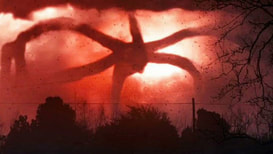
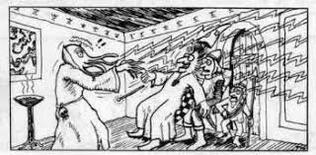
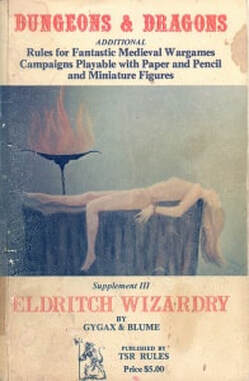
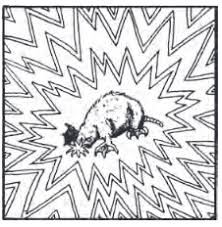
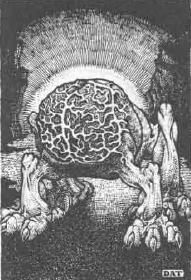
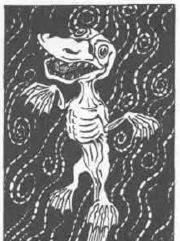

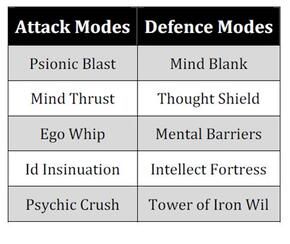

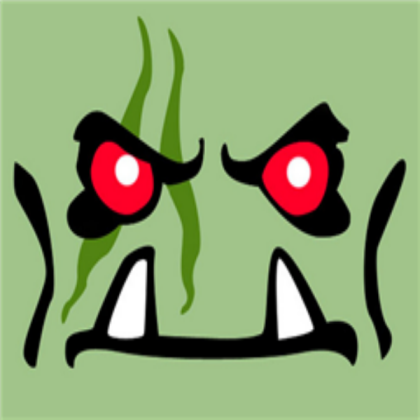
 RSS Feed
RSS Feed
